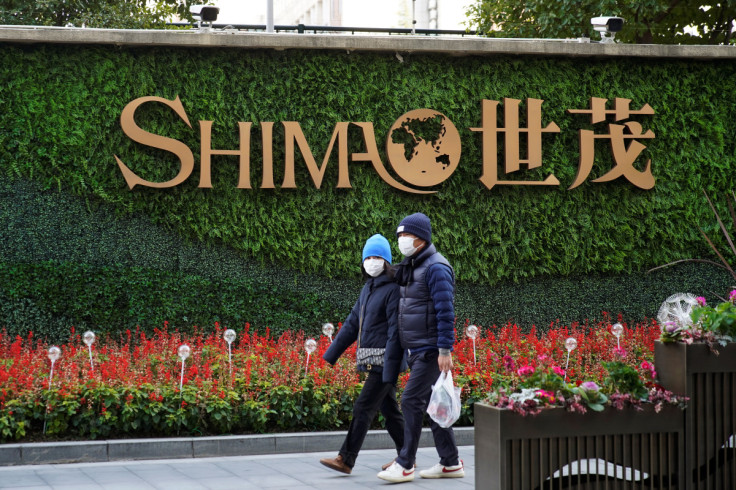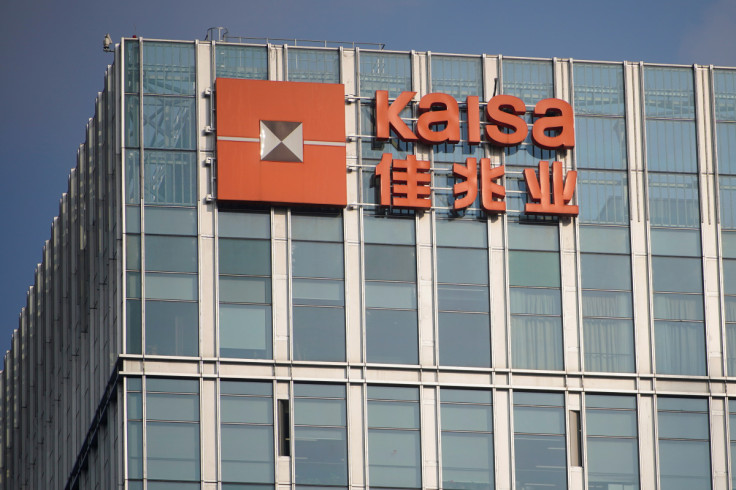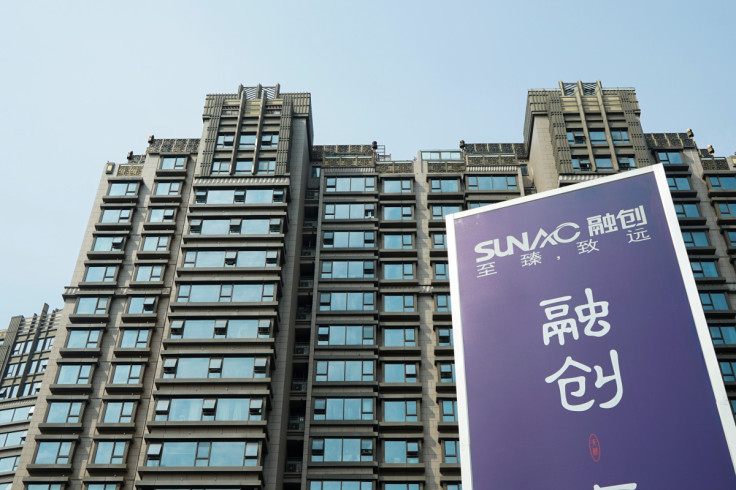Auditor Exodus At Embattled China Property Firms Triggers Governance Concerns

Auditors of at least 14 Hong Kong-listed Chinese property firms have exited this year, securities filings showed, raising governance concerns about the debt-ridden developers several of whom are yet to publish long-pending financial results.
Embattled developers including Sunac China, Shimao Group and Kaisa Group are among those whose auditors have parted ways in recent months. In many cases, firms outside the Big-Four accounting firms have been roped in as replacements.
The trend, which accelerated earlier this year, has seen auditors, including the world's top auditing firms PricewaterhouseCoopers (PwC) and Deloitte, resigning from their roles.
It comes as the property sector, which accounts for roughly a quarter of China's economy, has been beset by multiple headwinds after regulators have clamped down on excessive borrowing since mid-2020.
A string of debt-laden developers defaulted on their offshore bond payments starting late last year, a growing number of homebuyers have halted mortgage payments on stalled projects and pandemic restrictions have continued to undermine demand.
Analysts and the Hong Kong audit watchdog say that the growing list of auditors leaving the developers highlights transparency and governance issues, especially as many of the exits happened just ahead of result announcements.
The audit watchdog in Hong Kong, where most of the major Chinese developers are listed, said in an open letter to members last week that it had growing concerns that the audit quality may be compromised as a result of the changes close to earnings period.
S&P Global Ratings director Edward Chan said many of these developers have already come under distress, and the market is watching what the new auditors can reveal in the upcoming financial statements.
"Investors and creditors would like to know more if there are any hidden debt in the financial reports," said Chan, adding it could help them to calculate the recovery rate of their holdings.
While the auditors have not given any reason for their exits, the developers have blamed the move on factors including not being able to reach agreements with their respective auditors for completing the audit process.
Deloitte in Hong Kong declined to comment on the reasons for ending their auditing mandates for some Chinese property developers. PwC did not respond to Reuters requests for comment.
OPAQUE PRACTICES
Chan from S&P, which has withdrawn ratings on many Chinese property developers this year citing insufficient information, believes some auditors had pushed back on opaque practices in the property sector such as the use of off-balance-sheet debt.
Shimao announced in late March - a few days before the 2021 financial reporting deadline - that it would appoint Zhonghui Anda CPA Ltd as its auditor, while in July Beijing-based Sunac changed its auditor to BDO Ltd. In both cases PwC had resigned as the auditor.
Both developers cited a failure to reach agreement with PwC on the timetable to complete the audit procedures as the reason for the change, since they could not provide required information to the auditor on time due to COVID-19-induced curbs in China and other market factors.
Shimao and Sunac's Hong Kong-listed shares have been suspended from trading since April due to the inability to publish their full-year 2021 financial results, and they face delistings if they remain suspended for 18 months.
Hong Kong's audit watchdog Accounting and Financial Reporting Council (AFRC) said in its letter last week the majority of new appointments at companies with significant operations in mainland China or overseas were of auditors who have "disproportionate" relevant experience and available resources.
"We have concerns as to whether the incoming auditors possessed the necessary competence and adequate capabilities to perform quality audits within limited time frame," it said.
(Editing by Sumeet Chatterjee and Muralikumar Anantharaman)


© Copyright Thomson Reuters 2024. All rights reserved.



















